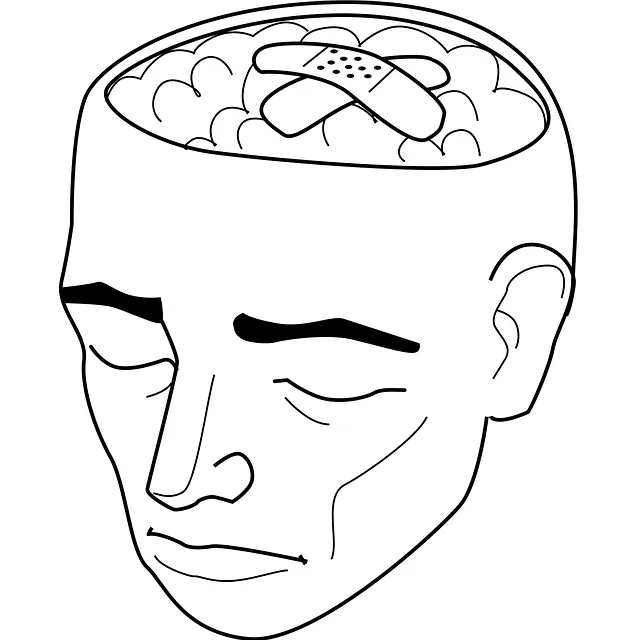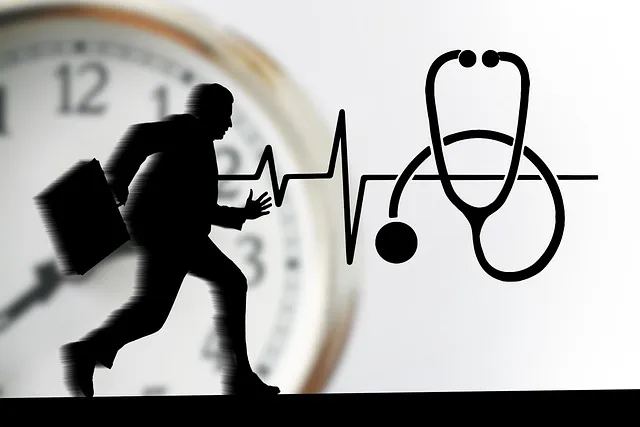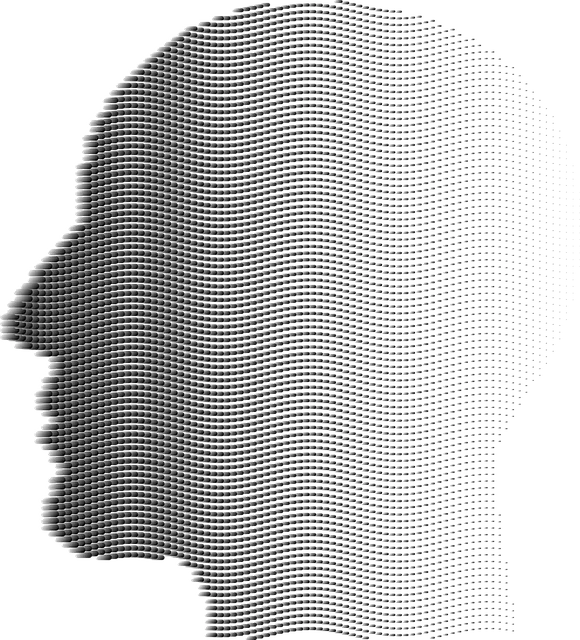Kaiser Permanente introduces holistic wellness programs in Boulder, focusing on resilience training through RFM (Resilience, Flexibility, Mastery) exercises. These innovative programs empower individuals with mental health tools, emphasizing inner strength development and stress management. Incorporating diverse methods like interactive workshops, mindfulness practices, and group discussions, the curricula cater to various learning styles, promoting emotional healing, adaptability, and overall well-being within the community through Mental Wellness Podcast Series and Public Awareness Campaigns.
“Discover how Kaiser Permanente has pioneered resilience-building exercises in Boulder through its innovative RFM (Resilience, Flexibility, and Mobility) training programs. This article explores their approach, offering insights into designing effective RFM exercises tailored to various populations. We delve into successful implementation strategies to maximize engagement and impact, highlighting best practices for healthcare organizations aiming to integrate such programs. Learn how these initiatives enhance overall well-being and foster resilience in daily life.”
- Understanding Kaiser Permanente's Approach to Resilience Training in Boulder
- Designing Effective RFM (Resilience, Flexibility, and Mobility) Exercises
- Implementation Strategies for Optimal Impact and Engagement
Understanding Kaiser Permanente's Approach to Resilience Training in Boulder

Kaiser Permanente, a renowned healthcare organization, has been at the forefront of promoting holistic wellness in its community, and Boulder is no exception. The organization’s approach to resilience training in this vibrant city is an innovative strategy aimed at empowering individuals to navigate life’s challenges with greater adaptability. Their programs are meticulously designed to foster mental wellness through various exercises, catering to a diverse range of participants.
The heart of Kaiser Permanente’s initiative lies in its commitment to the emotional healing processes, recognizing that resilience is not just about physical strength but also about nurturing one’s inner fortitude. This approach extends beyond traditional fitness routines, delving into the realm of mental wellness through interactive sessions and educational resources. The organization has even launched a Mental Wellness Podcast Series Production to reach a broader audience, sharing valuable insights on building resilience. Additionally, they actively engage in Public Awareness Campaigns Development to further emphasize the importance of resilience in daily life, making their efforts comprehensive and impactful.
Designing Effective RFM (Resilience, Flexibility, and Mobility) Exercises

Designing effective RFM (Resilience, Flexibility, and Mobility) exercises involves tailoring activities that cater to individuals’ unique needs within Kaiser Permanente training programs in Boulder. The first step is to assess participants’ current levels of resilience, identifying strengths and weaknesses through assessments or self-reporting. This foundation enables instructors to create a diverse curriculum incorporating mental health education programs design elements, inner strength development techniques, and crisis intervention guidance.
Each RFM exercise should foster adaptability and enhance coping mechanisms. For instance, mindfulness practices can improve flexibility in managing stress, while mobility training ensures physical readiness for various challenges. Incorporating real-life scenarios during these exercises prepares individuals to navigate unpredictable situations with poise. The goal is to empower participants with practical tools that contribute to their overall well-being, making them better equipped to handle personal and professional crises.
Implementation Strategies for Optimal Impact and Engagement

Implementing RFM (Resilience, Flexibility, and Mastery) exercises effectively requires strategic planning to ensure maximum engagement and impact. At Kaiser Permanente training programs in Boulder, facilitators employ diverse methods tailored to participants’ needs. These include interactive workshops that blend physical activities, mindfulness practices, and emotional healing processes, fostering a holistic approach to resilience building. By combining traditional knowledge with innovative techniques, these sessions create a safe space for individuals to explore their inner strength development and cultivate effective stress management skills.
For optimal results, the programs prioritize participant engagement through personalized experiences. Facilitators use a mix of group discussions, case studies, and hands-on exercises to cater to different learning styles. This inclusive approach ensures that everyone, regardless of background or experience, can connect with the material. By integrating these strategies, Kaiser Permanente training programs in Boulder not only equip individuals with valuable tools for resilience but also foster a sense of community and empowerment.
Kaiser Permanente’s innovative training programs in Boulder highlight the power of integrating RFM exercises into workplace wellness initiatives. By focusing on resilience, flexibility, and mobility, these programs empower individuals to navigate life’s challenges with enhanced adaptability. Through careful exercise design and implementation strategies, organizations like Kaiser Permanente can foster a culture of resilience, ultimately improving employee well-being and engagement. Incorporating these practices into daily routines has the potential to revolutionize workplace health and productivity in today’s fast-paced world.






